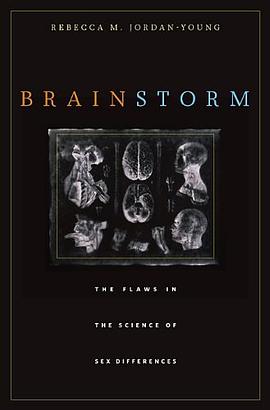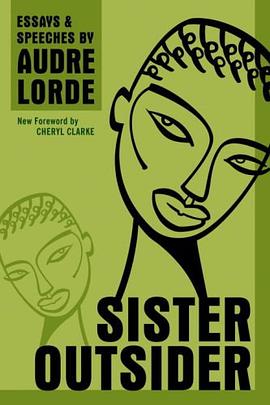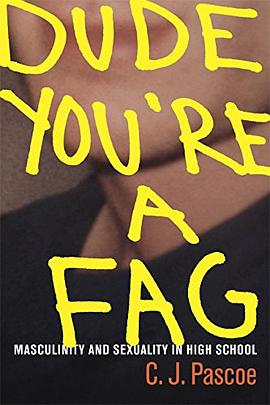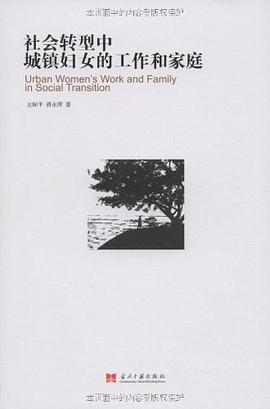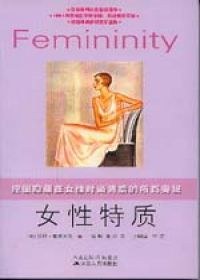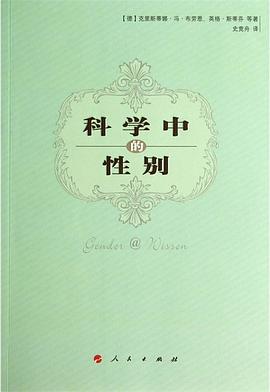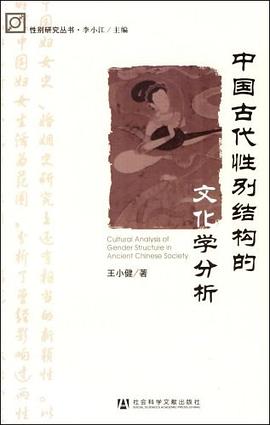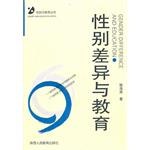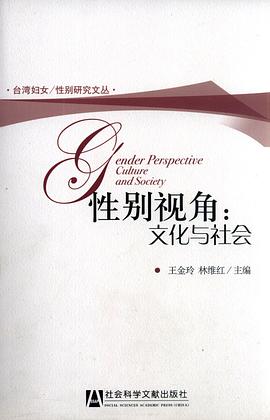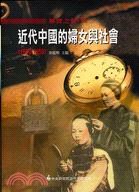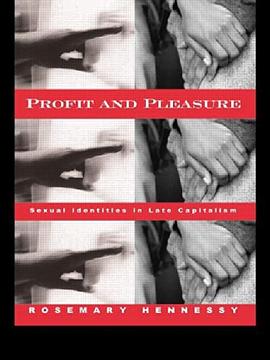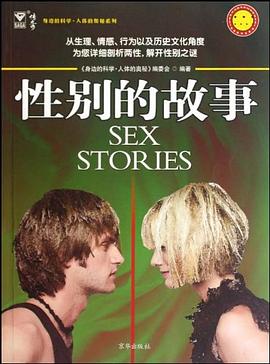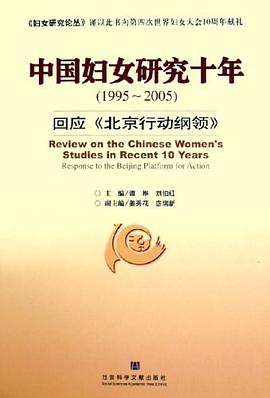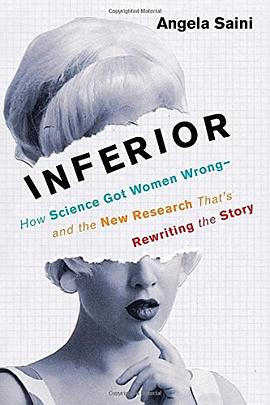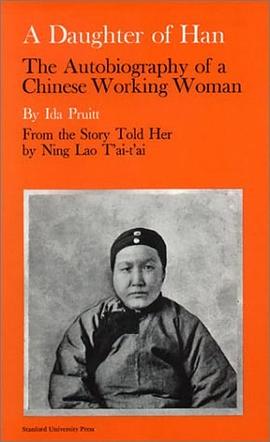

For the CDT Bookshelf, China Digital Times invites experts on China to recommend a book to CDT readers. This month, Paul G. Pickowicz, Professor of History and Chinese Studies at the University of California, San Diego, recommends "A Daughter of Han: The Autobiography of a Chinese Working Woman" by Ida Pruitt, Stanford University Press, 1967:
When the editors of China Digital Times invited me to write a series of articles recommending classic books on China that are no longer widely read, the first title that came to mind - - one of my all-time favorites - - was Ida Pruitt's A Daughter of Han: The Autobiography of a Chinese Working Woman. I still assign it to my students at the University of California, and I am pleased to say I have never met a student who did not like it. This fascinating book was originally published by Yale University Press in 1945. Stanford University Press, to its eternal credit, picked up the rights in 1967 and has kept it in print ever since. In many respects A Daughter of Han is as fresh today as it was 60 years ago when it first appeared. I recommend it without reservations and will be surprised if readers of China Digital Times are disappointed by it.
A Daughter of Han was the brainchild of Ida Pruitt, an American who was born in Penglai, Shandong province in 1891, the daughter of Southern Baptist missionaries. Pruitt died in 1985 at the ripe old age of 94. If we use the academic language of today, we would have to call A Daughter of Han a pioneering oral history project or an early attempt at doing the history of Chinese women. It tells the complicated and gripping story of one rather poor and underprivileged Chinese woman, Ning Lao Taitai (Old Lady Ning), from her childhood in the late 1860s to her experiences during the Japanese invasion of China in the late 1930s.
The project began when Pruitt asked a Chinese friend if she knew of anyone who had intimate knowledge of "the old customs of Chinese families in childbirth and marriage and death." The friend recommended Old Lady Ning. For two years Pruitt and Ning met at breakfast every Monday, Wednesday, and Friday to talk about what the old woman had experienced in life. The account is at once tender and gut-wrenching, full of unexpected twists and turns.
Over the decades, critics have raved about this simple, unpretentious narrative. Pacific Affairs said, "Ida Pruitt has rendered a great service to the Chinese people." The American Journal of Sociology called it "the warmest, most human document that has ever come out of China." The Far Eastern Quarterly asserted that the narrative is "part of that wider social and imaginary world from which Chinese draw meaning to their life."
A Daughter of Han allows us access to the mental world of an ordinary Chinese woman born in the middle of the nineteenth century. The book is both charming and informative because we hear Old Lady Ning telling her own story in her own words. Because Pruitt wisely refrains from comment, the reader is left to struggle with the "meaning" of this highly personal tale. No heavy handed scholar is there to "tell" us in an authoritative introduction what the account means. A Daughter of Han makes wonderful classroom reading for high school and college students who invariably take passionate delight in debating its import.
For instance, Old Lady Ning speaks often of the role played by "fate" in her sad life. This leaves the impression that there was nothing she could do to change her fate. It seems she accepted her "fate." Referring to starvation in the late 1880s, she recalled: "Day after day I sat at home. Hunger gnawed. What could I do? . . . When my husband brought home food I ate it and my children ate with me. A woman could not go out . . . I did not know enough even to beg. So I sat home and starved. I was so hungry one day that I took a brick, pounded it to bits, and ate it. It made me feel better." But Old Lady Ning also mentions concrete actions she took to change her life. Speaking of the early years of her difficult marriage to a destitute opium addict who had sold everything in the house to feed his habit, she recalled her decision to do something about her plight despite being hobbled by bound feet: "When Mantze was two and I was big with another child I left my husband and the village. This was the first time I left him and I went on foot. It was the first time I had walked from my husband's home to my mother's. Respectable women did not walk in the streets of Penglai." It seems that she did not accept her fate after all.
A Daughter of Han is filled with tensions and incongruities of this sort. As such, it opens a delightful window on the complexities and contradictions of ordinary daily life in China in the late nineteenth and early twentieth centuries
具體描述
讀後感
評分
評分
評分
評分
用戶評價
First hand resources for that era in Chinese history. From a common working woman's perspective, expresses the complex of that time. Even if you read it as a novel, you'll be impressed by the tenacity of Ning Lao Tai Tai and her life story.
评分非常貼近生活的感覺。 有可能是因為書是英文的 讀起來覺得離我們很近 沒有一百多年那麼遠。
评分google上有很多相關的paper可以藉鑒
评分first book I ever read in 3 and a half hours, 7:30 to 11 p.m.
评分first book I ever read in 3 and a half hours, 7:30 to 11 p.m.
相關圖書
本站所有內容均為互聯網搜索引擎提供的公開搜索信息,本站不存儲任何數據與內容,任何內容與數據均與本站無關,如有需要請聯繫相關搜索引擎包括但不限於百度,google,bing,sogou 等
© 2025 qciss.net All Rights Reserved. 小哈圖書下載中心 版权所有

